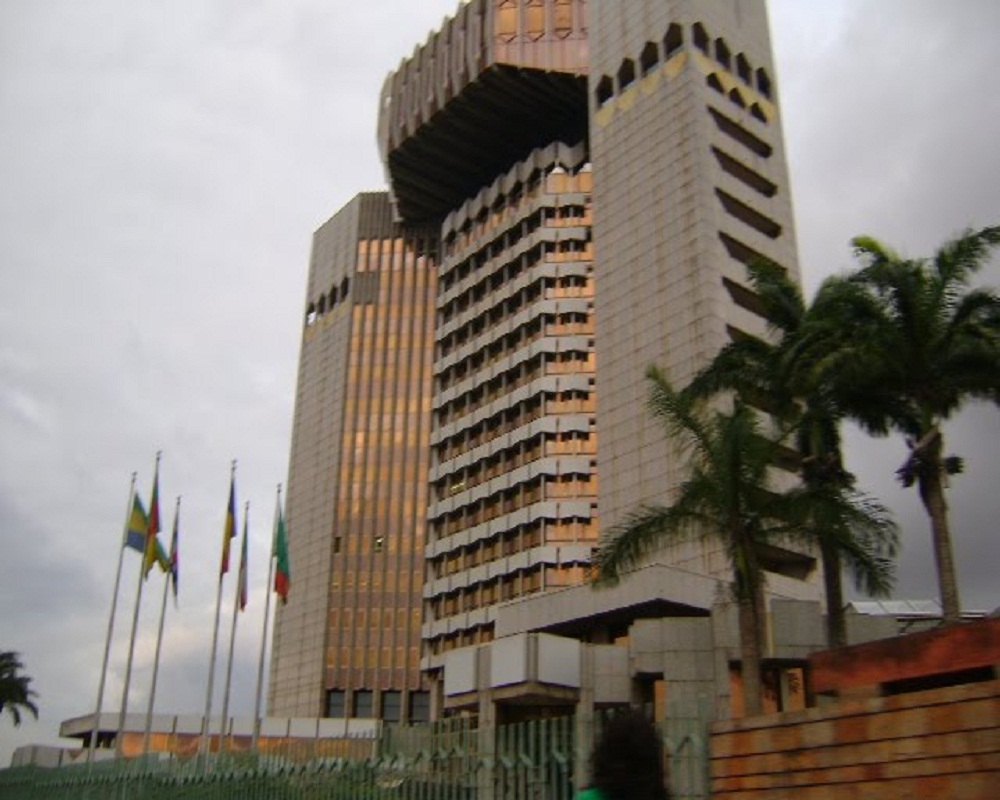The Central Bank is counting on a consolidation of growth in the Economic and Monetary Community of Central Africa (CEMAC) to 2.7% in 2024 against 2% in 2023. At the sub-regional level, according to the Bank of Central African States (BEAC), this consolidation follows the good performance of non-oil activities.
The assessment of the economic situation in the sub-region was made by the Monetary Policy Committee (MPC) of the Central Bank, during its fourth and last ordinary virtual meeting of the year, held on December 23, under the chairmanship of Yvon Sana Bangui, Governor of the said financial institution. The meeting was an opportunity for the MPC to analyze the evolution of the economic situation and the macroeconomic outlook, both at the international and sub-regional levels. The decisions taken at the end of this meeting will undoubtedly have a direct impact on the economic management of the member states.

According to the BEAC Governor, in addition to the consolidation of economic growth, the CPM noted, among other things, an easing of inflationary tensions to 4.4% on an annual average, compared to 5.6% in 2023; an improvement in the situation of public finances, with a budget balance, commitment basis, excluding grants, which would become surplus at 0.3% of GDP in 2024, after a deficit of 0.3% of GDP a year earlier and a decrease in the current account surplus, official grants included to 1.1% of GDP, after 1.4% a year earlier.
The money supply, for its part, is growing by 15.5%, compared to 9.1% in 2023. As for foreign exchange reserves, the current level allows for covering 4.4 months of imports of goods and services in 2024, compared to 4.9 months at the end of 2023. ” In view of these developments, the CPM has decided to keep the interest rate on calls for tenders unchanged at 5.00%; the marginal lending facility rate at 6.75%; the deposit facility rate at 0.00%; and the reserve requirement coefficients at 7.00% on sight liabilities and 4.50% on term liabilities. This decision is based on the fact that certain macroeconomic indicators remain vulnerable,” said BEAC Governor Yvon Sana Bangui.
Regarding the point on the devaluation of the CFA franc, the governor of the said financial institution said that this issue was not even on the agenda in view of the assessment delivered by the heads of state at the recent Yaoundé summit as well as by the International Monetary Fund which, for its part, confirmed that major efforts had been made by the States despite certain convergence criteria, particularly on issues related to over-indebtedness. “The BEAC is committed to working with all state actors to define new, more responsible debt policies ,” assured Governor Yvon Sana Bangui.





